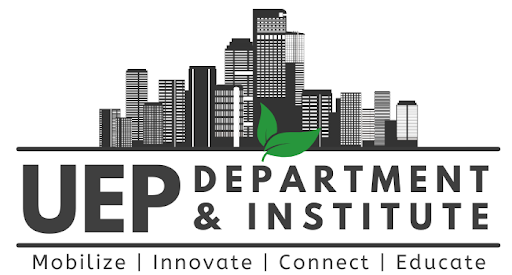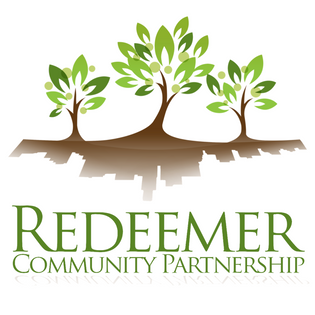If you live in the orange zone, you may qualify. Enter your address in the search bar on the map.
Call or send a text to(323) 391-3119 or email ejresearchlab@usc.edu for more information on how to participate.
Study Sites

The Las Cienegas oilfield in South Los Angeles (LA) sits among the top 25% most environmentally burdened communities in California. Las Cienegas once had four active oil and gas development sites, but today has just one active site left in the Jefferson Park neighborhood. As oil extraction changes in this community, it provides an opportunity to learn how the different phases of well sites (active, idle, and closed) impact the health of residents in South LA.
Our previous study in this community found that people living near urban oil drilling sites have higher rates of asthma, wheezing, eye irritation, and sore throats. Lung function also decreased among residents living closer to the oil operations. These effects could be as severe or worse than living next to a highway or being exposed to secondhand smoke every day.
In our new project, called Los AngeleS Voices on Oil, Community and Environment Study (LAS VOCES), we will monitor the health of residents exposed to oil drilling-related pollution over the course of three years, as well as monitor the local air pollution in the neighborhoods. We will use health questionnaires and lung function tests to understand residents’ health. A network of ~20 air pollution monitors will be set up in the community to measure local levels of VOCs. This research will help us more directly understand how oil drilling related-pollution impacts human health because we will be able to compare health symptoms directly to local pollution levels in a neighborhood over three years. In addition to comparing health impacts across varying levels of drilling activity (closed, idle, or active), we will also study how living upwind or downwind and/or near other major VOC sources affects exposure levels and health impacts. Finally, we will interview diverse stakeholders to understand how public health protections for oil field adjacent communities are conceptualized and incorporated into decision-making. Using what we learn, we develop a public health action plan to support long-term community health and well-being.




